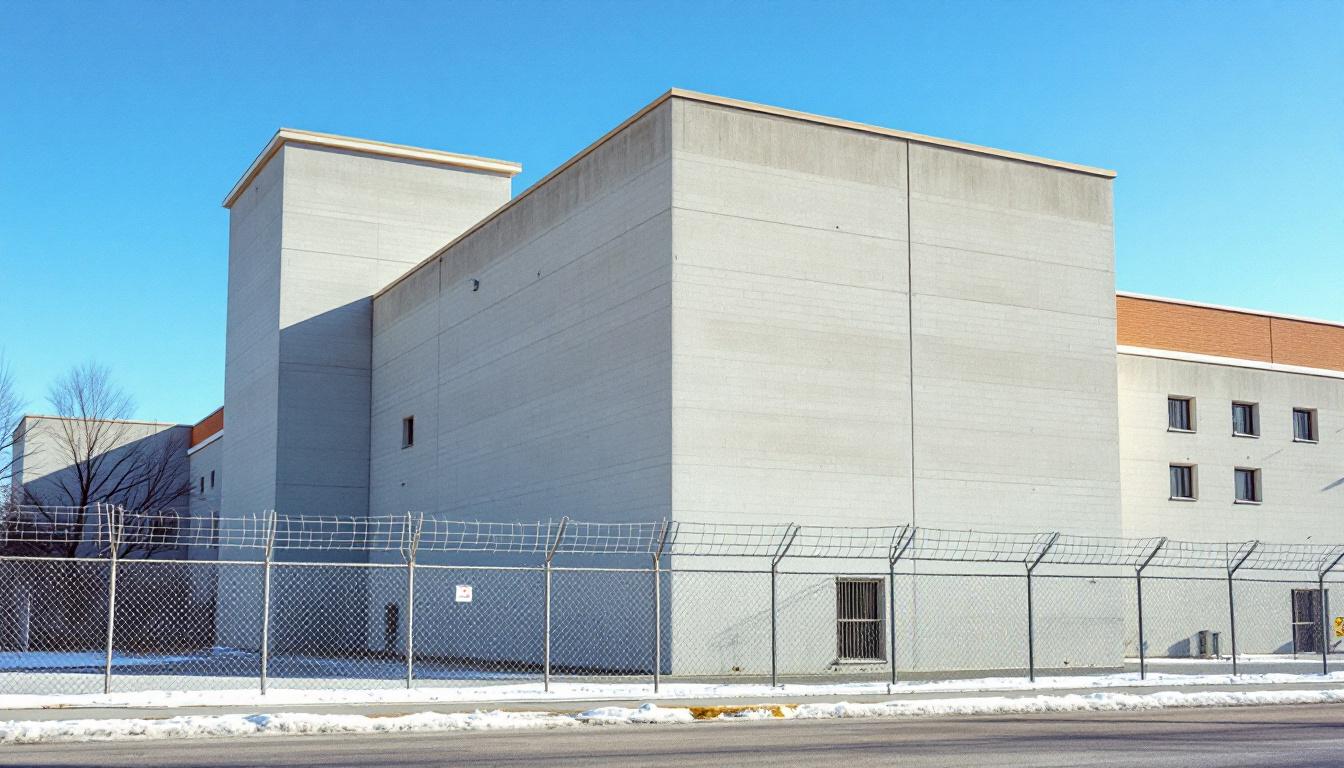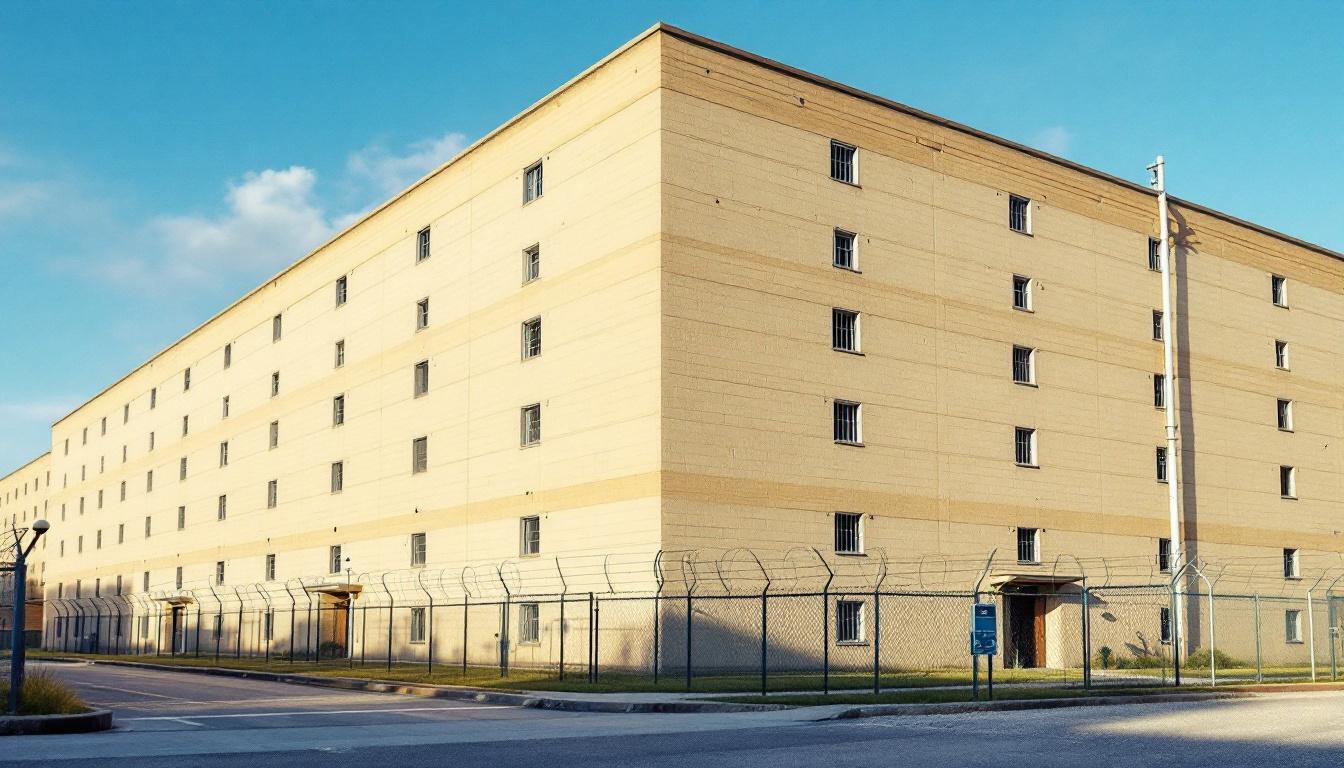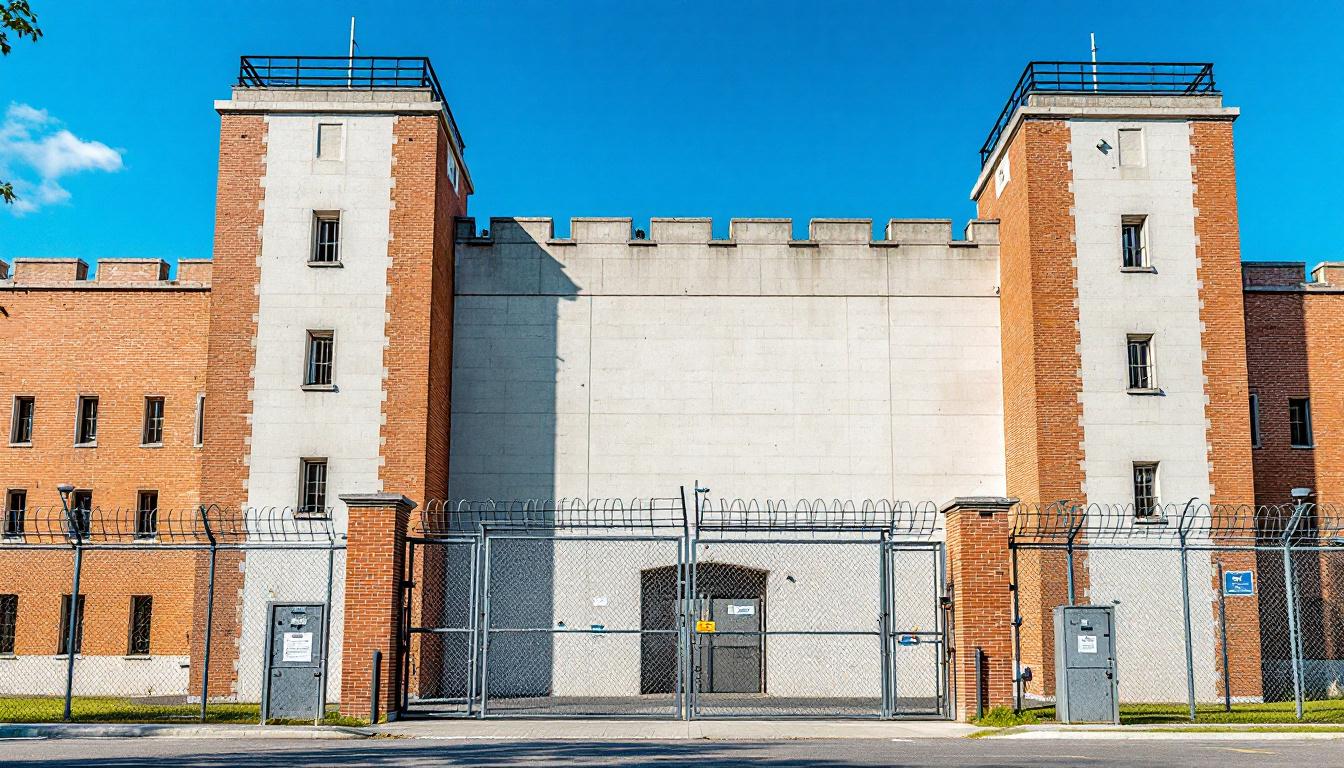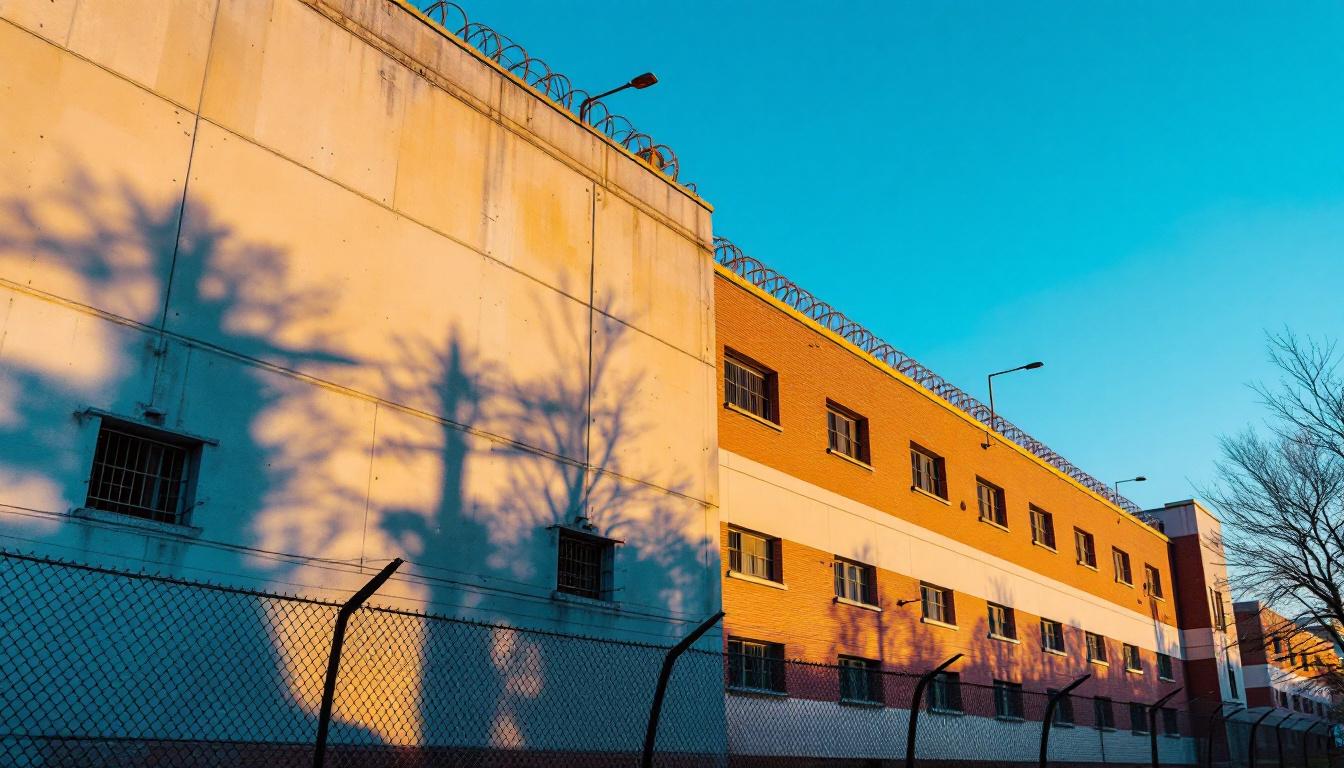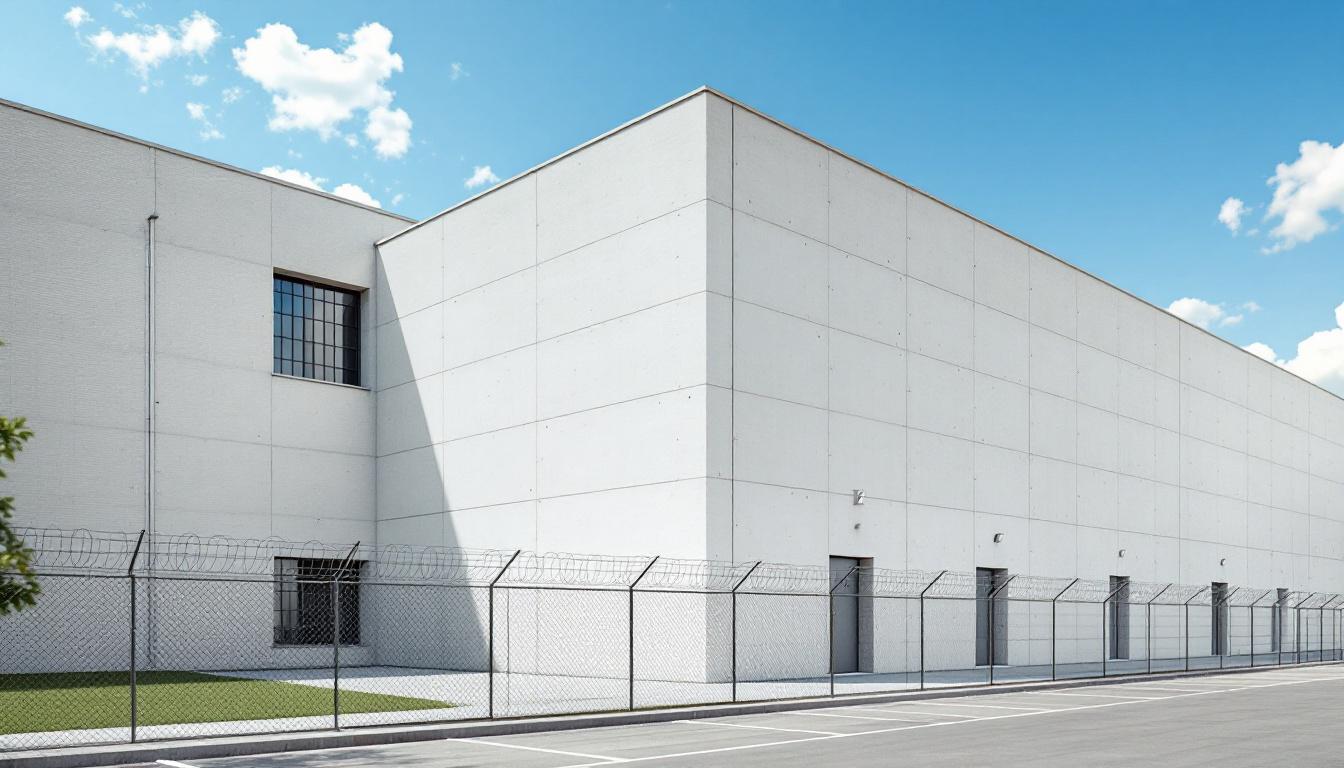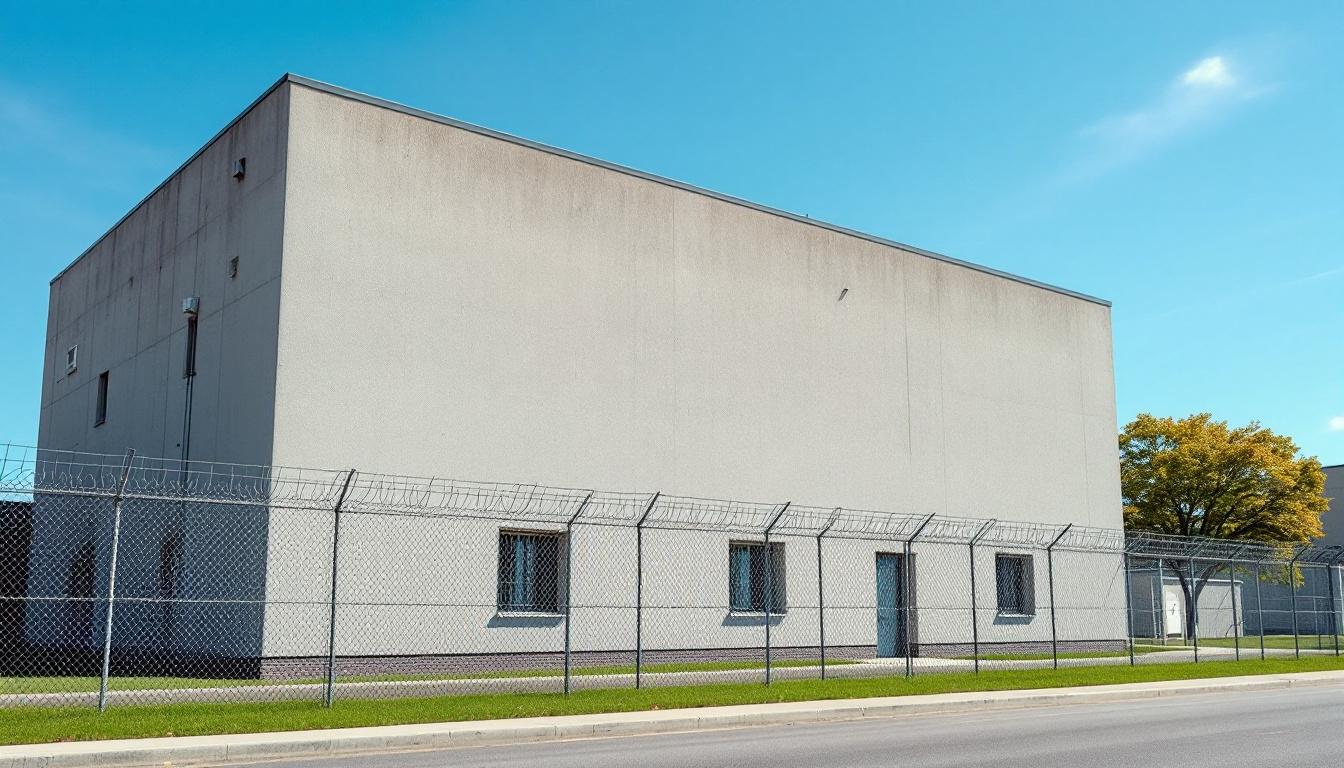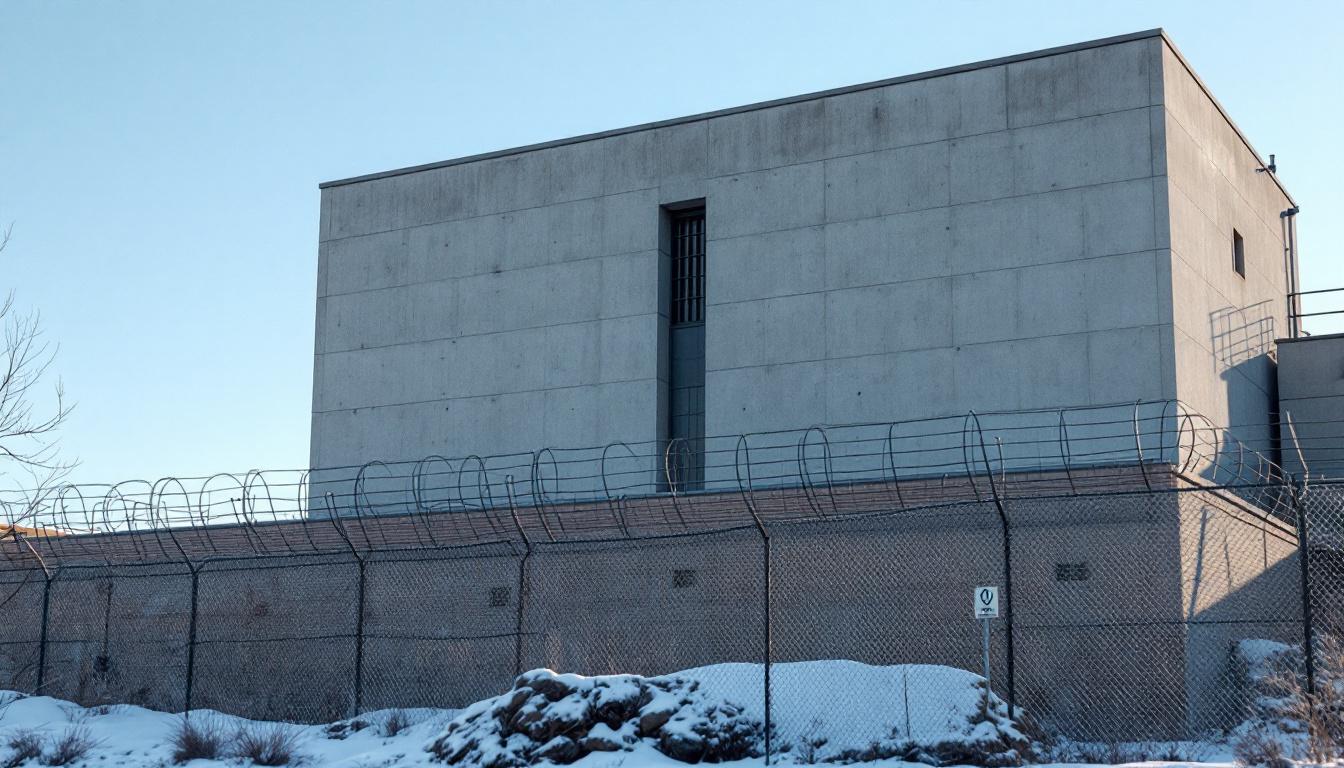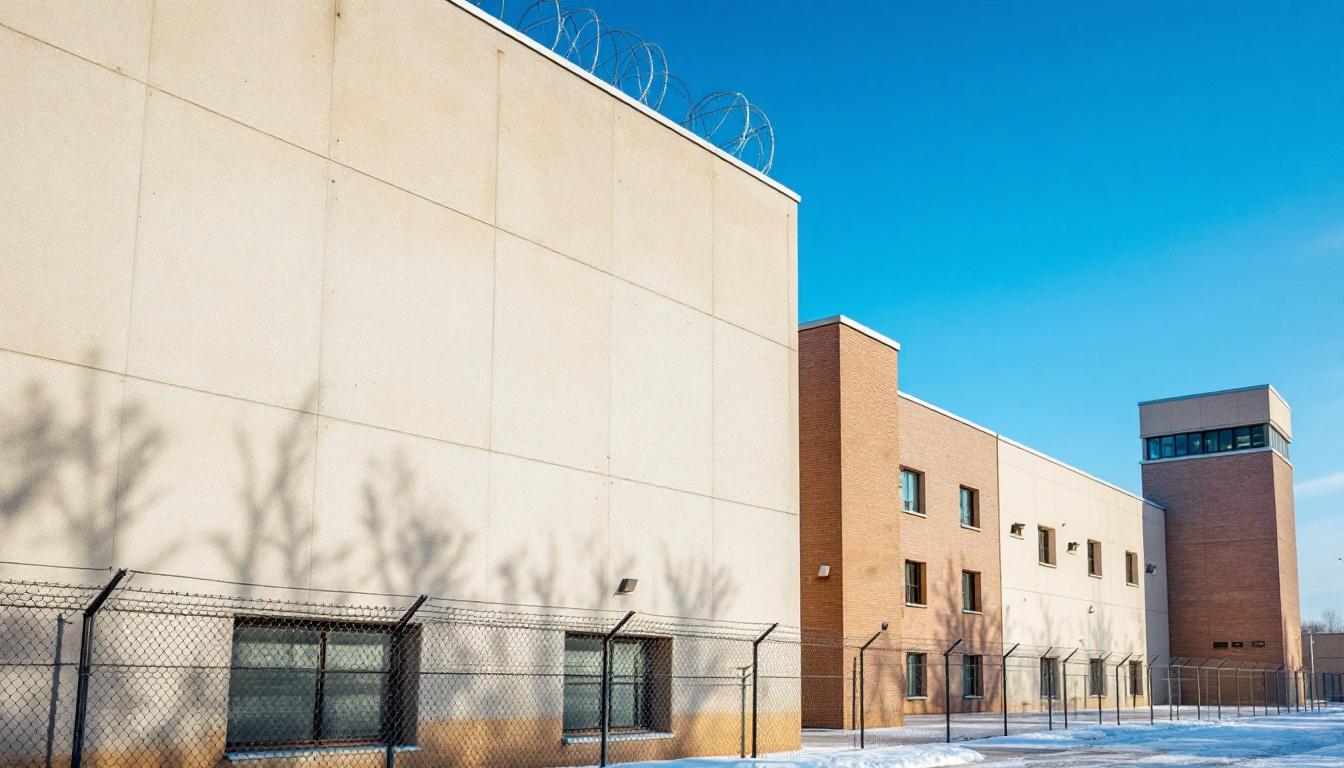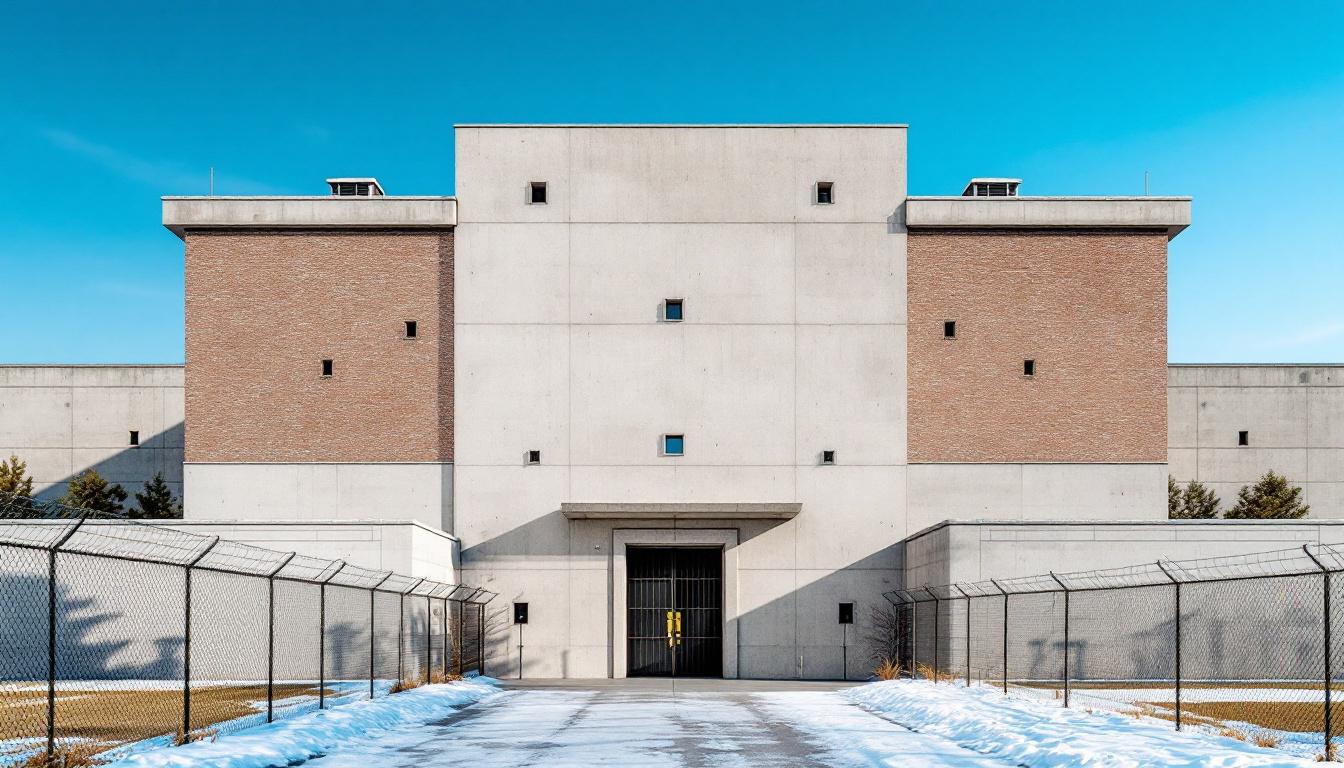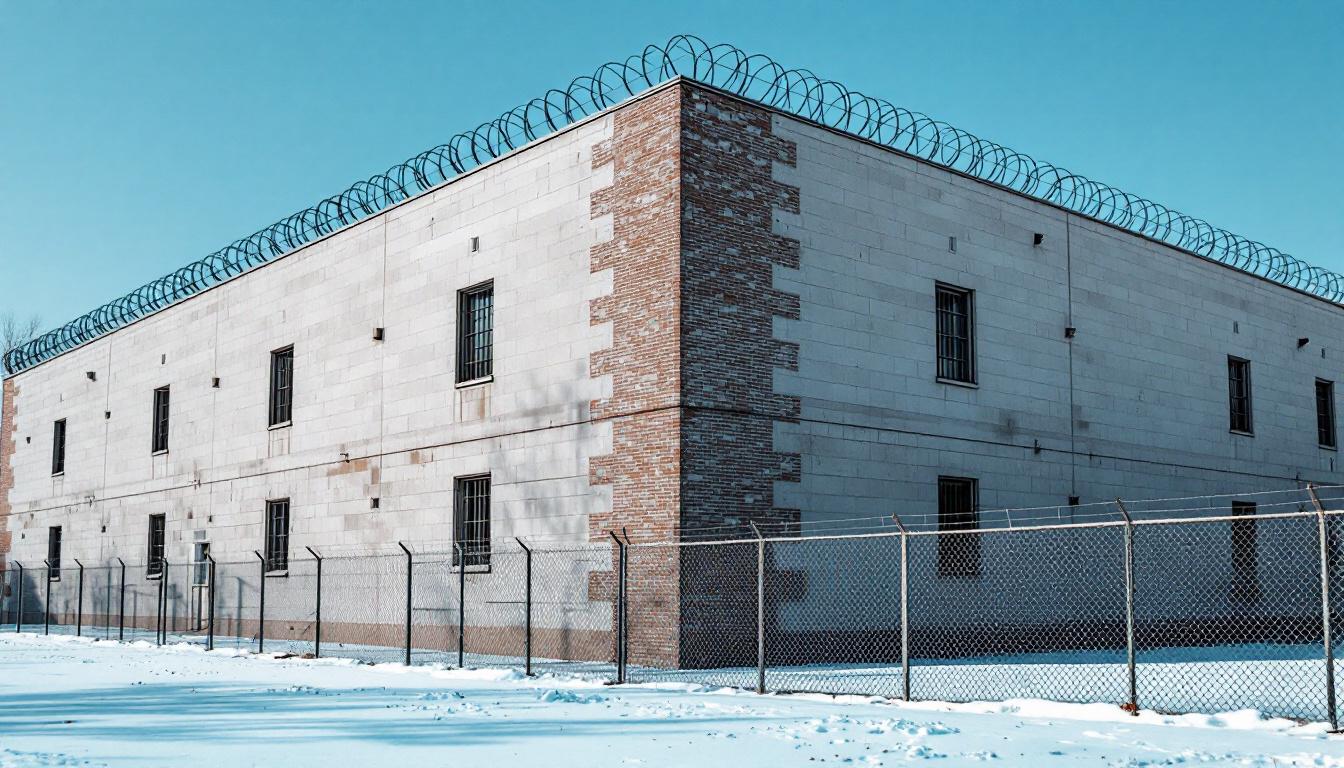
Quick Navigation
How to contact an inmate at Horry County Magistrates Office
This comprehensive guide will walk you through how to connect with an inmate at Horry County Magistrates Office. Follow the steps below to find an inmate and send letters and photos:
- Search for the inmate using our search tool below
- Create your account or log in to Penmate
- Write your message (up to 6,000 characters)
- Send instantly - inmates receive printed copies daily
Find an Inmate
Search for an inmate to start communicating today
Tip: You can search by first name, last name, or inmate ID number
To contact a person at Horry County Magistrates Office start by searching for the person on the official facility website. Perform a search by following these steps:
- Step 1: Enter their first name and last name into the search form and click "Search"
- Step 2: Locate their inmate record
- Step 3: Write down their Inmate ID and any housing information provided
Important! Be sure to enter the person's full name. Nicknames should not be used.
How to Send Messages to Inmates

You can use your phone or computer to send emails, letters, and photos to an inmate. Messages are sent electronically to inmate tablets or kiosks at the facility. If you would like to send a message, start by searching for an inmate at Horry County Magistrates Office.
Sending Photos and Postcards

A great way to send love and support to a loved one at Horry County Magistrates Office is to send photos and postcards. It only takes a few minutes to send photos from your phone and it makes a huge difference. You can also mail postcards with words of support and inspiration, or design your own postcard for special moments like birthdays and holidays.
Important! Be sure not to send any explicit photos or they may not be approved by the facility. You can also use a photo printing app like Penmate to make sure your photos are printed at the correct size (4x6 or 3x5) and are mailed according to the rules and regulations of Horry County Magistrates Office.
Frequently asked questions about Horry County Magistrates Office
-
How long does it take to deliver a message?
If you're sending an email message your letter is usually delivered within 24-48 hours. For messages sent via mail you should expect delivery within 3-7 days. All messages will need be approved by Horry County Magistrates Office.
-
How much does it cost to send a message to Horry County Magistrates Office?
You can send a message free using your phone or mail a message via USPS for the price of a $0.60 stamp and envelope. You can also purchase credits or e-stamps from services starting at $1.99.
-
What services can I use to contact an inmate at Horry County Magistrates Office?
Penmate
You can use Penmate to send letters and photos to an inmate from your phone. It's an easy way to stay in touch during your loved one's incarceration. Use the inmate locator to find an inmate's location and contact information, then you can send messages within a few minutes.
Securus messaging
Securus may be another option for communicating with an inmate at Horry County Magistrates Office. You can create a friends and family account and purchase credits to send messages. All messages will be reviewed and must be approved by the facility.
JPay
Some county jails and state prisons may support sending messages with JPay. You must register an account with the system, find your loved one, and purchase stamps to send messages. For some locations you can also attach photos.
Smart Jail Mail
You may also check if Smart Jail Mail is available at Horry County Magistrates Office. Smart Jail Mail is operated by Smart Communications and has contracted with some state and county jails. After purchasing credits, your messages and photos are sent to the facility, printed out, and then handed out to your loved one.
-
What is the mailing address of Horry County Magistrates Office?
Mailing address:
Horry County Magistrates Office
4150 J Reuben Long Ave
Conway, SC 29526
Phone: (843) 915-5145Business hours:
- Monday: 8:00 AM – 5:00 PM
- Tuesday: 8:00 AM – 5:00 PM
- Wednesday: 8:00 AM – 5:00 PM
- Thursday: 8:00 AM – 5:00 PM
- Friday: 8:00 AM – 5:00 PM
- Saturday: 8:00 AM – 5:00 PM
- Sunday: 8:00 AM – 5:00 PM
-
What are the visiting hours at Horry County Magistrates Office?
Visiting hours at Horry County Magistrates Office vary by housing unit and security level. Generally, visits are scheduled on weekends and holidays, with some facilities offering weekday visits. Contact the facility directly at (843) 915-5145 or check their website for the current visiting schedule. Visits typically last 30-60 minutes and must be scheduled in advance.
-
What items are prohibited when sending mail to Horry County Magistrates Office?
Prohibited items typically include: cash, personal checks, stamps, stickers, glitter, glue, tape, staples, paperclips, polaroid photos, musical or blank greeting cards, hardcover books, magazines with staples, and any items containing metal or electronics. Only send letters on plain white paper with blue or black ink. Photos must be printed on regular photo paper (no Polaroids). Always check with Horry County Magistrates Office for their specific mail policies.
-
How do I send money to an inmate at Horry County Magistrates Office?
You can send money to an inmate at Horry County Magistrates Office through several methods: 1) Online using JPay, Access Corrections, or the facility's approved vendor, 2) Money orders mailed directly to the facility with the inmate's name and ID number, 3) Kiosks located in the facility lobby, or 4) Over the phone using a credit or debit card. Fees vary by method, typically ranging from $2.95 to $11.95 per transaction.
-
Can I schedule a video visit with an inmate at Horry County Magistrates Office?
Many facilities now offer video visitation as an alternative to in-person visits. At Horry County Magistrates Office, video visits may be available through services like Penmate, Securus Video Connect, GTL, or ICSolutions. Video visits typically cost $10-20 for 20-30 minutes and must be scheduled in advance. You'll need a computer or smartphone with a camera and reliable internet connection. Contact the facility for their specific video visitation policies and approved vendors.
-
What identification do I need to visit an inmate at Horry County Magistrates Office?
All visitors must present valid government-issued photo identification such as a driver's license, state ID, passport, or military ID. Minors must be accompanied by a parent or legal guardian who can provide the minor's birth certificate. Some facilities require visitors to be on the inmate's approved visitation list, which may require a background check. Contact Horry County Magistrates Office for specific ID requirements and visitor approval procedures.
-
How can I find out an inmate's release date?
To find an inmate's release date at Horry County Magistrates Office, you can: 1) Use the online inmate search tool if available, 2) Call the facility's records department, 3) Contact the inmate's case manager or counselor, or 4) Have the inmate provide this information during a call or visit. For privacy reasons, some facilities only release this information to immediate family members.
Facility Overview
Contact Information
Horry County Magistrates Office4150 J Reuben Long Ave
Conway, SC 29526
Phone: (843) 915-5145
Official Website

About Horry County Magistrates Office
Serving as a cornerstone of public safety within South Carolina’s correctional framework, the J. Reuben Long Detention Center operates with a fundamental mission to provide secure custody while maintaining essential rehabilitation pathways for individuals within the justice system. Located in Ridgeville, this SC correctional facility occupies a strategically important position in the state’s network of detention facilities, drawing from the community’s resources and contributing to regional public safety efforts throughout the surrounding areas.
The facility typically maintains comprehensive security protocols while offering various programs designed to support those incarcerated services that may include educational opportunities, vocational training, and behavioral intervention programs. Staff generally work to balance the dual responsibilities of maintaining institutional security and providing pathways for personal development, often collaborating with local organizations and service providers to enhance program effectiveness. The detention center’s approach to operations frequently emphasizes structured daily routines, disciplinary procedures, and case management services that support both immediate custody needs and longer-term reintegration planning.
Geographic positioning in Ridgeville allows the facility to draw upon South Carolina’s broader network of community resources, potentially including partnerships with educational institutions, healthcare providers, and social service organizations that support rehabilitation efforts. The center’s role within the state’s correctional system typically involves housing individuals at various stages of the judicial process, from pre-trial detention through sentencing, while maintaining connections to family members and legal representatives throughout the region.
Programs & Services
Recognizing that periods of incarceration can serve as catalysts for meaningful personal transformation, the J. Reuben Long Detention Center typically emphasizes creating structured pathways for individual growth and development. The facility’s comprehensive approach to rehabilitation centers on providing those incarcerated with essential tools and resources that may facilitate their successful reintegration into society. Through carefully designed offerings that prioritize security and safety while fostering personal accountability, the center often creates an environment where participants can engage in constructive activities that promote both intellectual and personal advancement.
Educational services form the cornerstone of developmental opportunities, often including basic literacy instruction, GED preparation, and continuing education options that allow those incarcerated to advance their academic credentials. Moreover, vocational programs may furnish practical skill development in various trades and technical fields, providing participants with marketable competencies that can enhance their employment prospects upon release. These structured learning environments typically emphasize discipline, consistency, and goal achievement while maintaining the security protocols essential to facility operations.
The center’s support services often encompass a diverse range of offerings designed to address the multifaceted needs of those incarcerated. Faith-based initiatives may provide spiritual guidance and community support, while physical fitness programs typically promote both physical wellness and mental discipline through structured exercise regimens. Moreover, veteran services often include specialized support for those who have served in the military, recognizing their comprehensive experiences and needs. These comprehensive support offerings generally operate within a framework that maintains institutional safety while encouraging personal responsibility and positive behavioral changes among participants.
Daily Life & Visitation
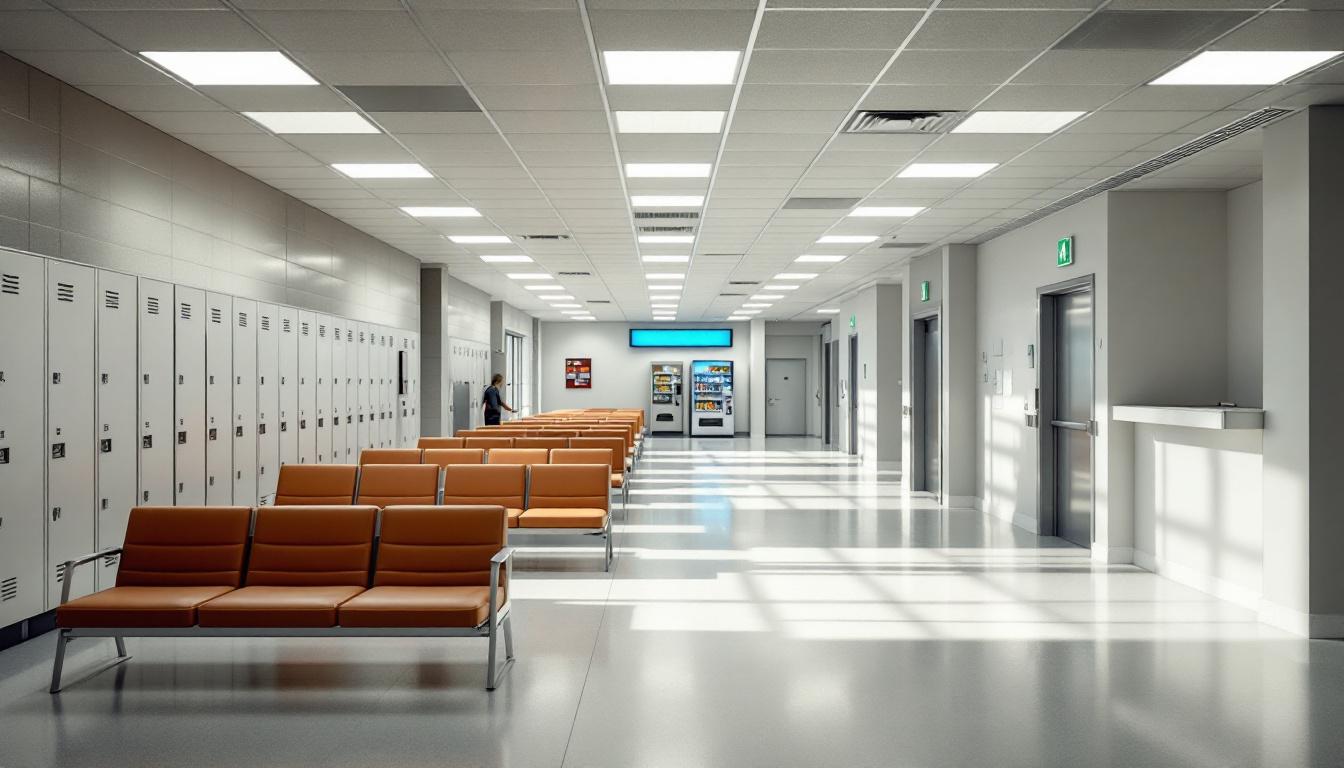
Family connections and community bonds serve as vital lifelines for those incarcerated at the J. Reuben Long Detention Center, where maintaining relationships with loved ones becomes an essential part of navigating daily existence. Those who now find themselves within the facility’s walls regularly structure their days around opportunities to connect with family members through scheduled phone calls, video visits, and in-person visitation sessions that typically occur several times per week. The facility generally operates on a predictable routine that furnishes stability, with wake-up calls occurring in the early morning hours, followed by meals served at consistent intervals and structured programming that may include educational classes, substance abuse counseling, or vocational training sessions.
Moreover, the living accommodations at the detention center typically consist of housing units that accommodate multiple individuals, where those incarcerated often develop supportive relationships with their cellmates and unit neighbors. The dormitory-style or cell-based housing arrangements generally provide basic amenities including beds, storage areas for personal belongings, and shared bathroom facilities, while common areas within each housing unit may offer space for social interaction, television viewing, and quiet activities like reading or letter writing. Meals are usually served in designated dining areas where residents gather three times daily, creating natural opportunities for conversation and community building among those who share similar experiences and challenges.
Whereas the physical environment may feel restrictive, recreational activities and programming opportunities regularly furnish meaningful ways for those incarcerated to maintain their mental and physical well-being while strengthening social connections. The facility typically offers access to outdoor recreation areas where individuals can engage in basketball, walking, or other physical activities, along with indoor spaces that may include libraries, multipurpose rooms for group meetings, and areas designated for religious services. Communication with family members generally occurs through a combination of scheduled phone calls, video conferencing systems, and traditional mail correspondence, while work assignments within the facility often provide structure and the opportunity to earn modest wages that can be used for commissary purchases or to support family members on the outside.
Ready to Connect?
Start communicating with your loved one today
Search for an Inmate
